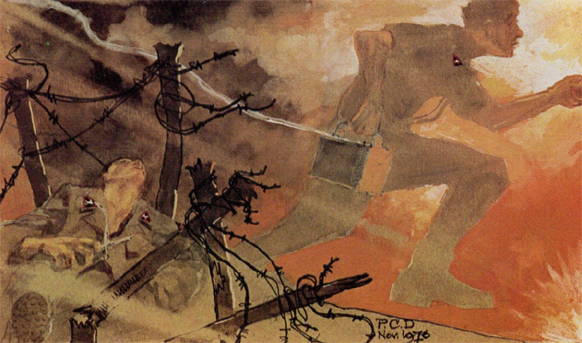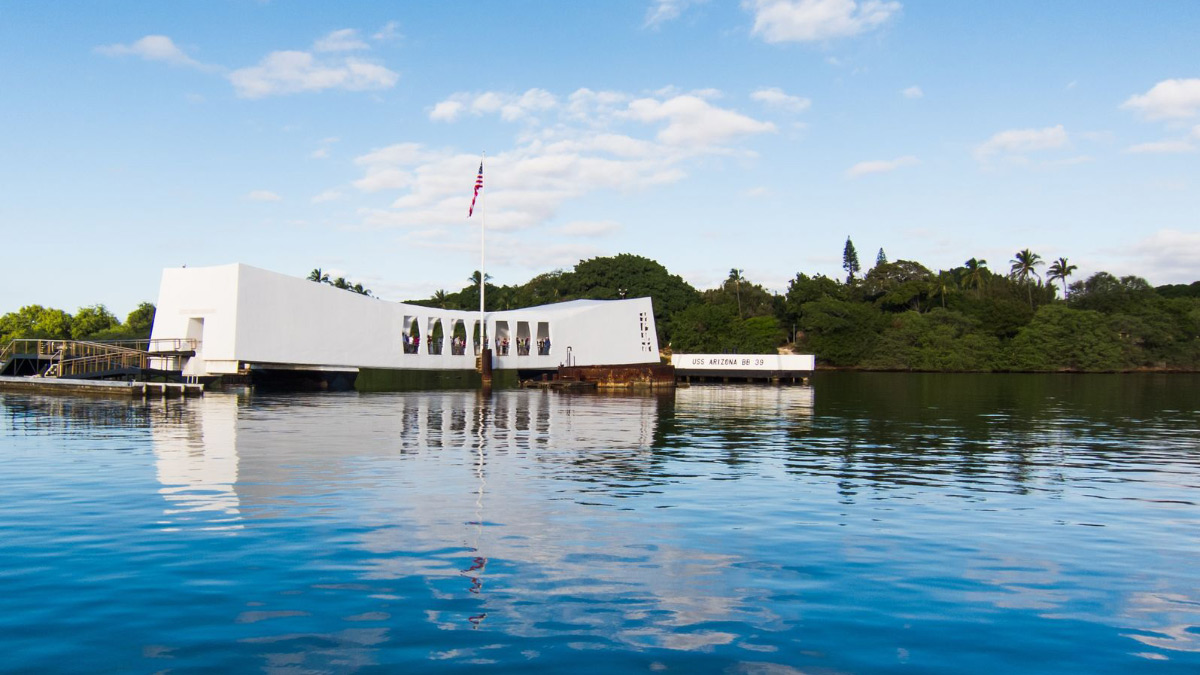Driftless
Donor
1941, Thursday 01 May;
Third Officer (Telegraphist) James walked down the gangway onto the Keppel Harbour dockside, a small suitcase in hand. She turned around and watched the seven other Wrens, all in their late teens or early twenties, follow her down the gangway of the passenger/cargo ship. Wolf whistles alerted them to the interests of the many sailors around the dockside. Her best friend Joan walked up to her, a big smile on her face “Singapore, Peggy, we’re here. Oh, I’m so excited, where do you think they’ll put us, do you think we’ll be allowed out tonight, I wonder where Raffles is?”
“Third Officer James and party? Good morning, ladies, welcome to Singapore” an elderly Lieutenant RNR saluted them, “if you’d like to come this way, we have transportation laid on, your baggage will be collected later”. A small rain shower had finished a while ago and the blazing sun was steaming off the puddled water. The Lieutenant carefully led the party away, avoiding a particularly large puddle, wolf whistles still calling out.
They sat in the back of a small truck, the tarpaulin sides rolled up, watching the views along the busy Singapore streets, and then out into the countryside, with its rich green tapestry. Peggy looked over to Joan, sitting opposite, “doesn’t look like Raffles for us Joan, how much further do you think” Joan was melting in the heat “Don’t know, but what wouldn’t I give for a nice bath and trying a large one of those Singapore Sling’s I’ve heard about” They both laughed.
Peggy had met Joan Seymour at the training centre in Greenwich where they had both passed an interview to be taken on a course of Wireless Telegraphy. The course was shrouded in secret, and it had been pressed on them, as to the importance of their work and the need for secrecy. This had become apparent when they were told they were learning Japanese Morse Code and transcriptions. That friendship had been cemented sharing a cabin over the 12-week voyage in convoy WS.6 from the UK.
After an hour’s driving the truck slowed and turned left through the metal gates and past the guardhouse, the sentry recognising the Lieutenant sitting in the front. It pulled up outside one of a number of wooden huts. Having climbed out of the back of the truck, Peggy looked around. The tall metal framed tower looked massive from where she stood, and further away other aerials were to be seen. “This way ladies, I’ll show you your quarters” the lieutenant indicated the way. “And welcome to Royal Naval Station Kranji”
Kranji was the Far East Combined Bureau’s (FECB) intercept station, where they listened into Japanese radio traffic, noting down the coded signals. It had been moved from Hong Kong in August 1939 after the Japanese capture of Canton placing them far too close to such a sensitive installation. Kranji was far enough away from any other military installations and Singapore city, avoiding radio interference, so that reception was good. Nevertheless, because of their distance, only at night, signals could be received from the Combined Fleet in Japanese home waters.
In part because of this, information was regularly shared both ways with the US Navy station CAST at Corregidor in the Philippines, who was also doing the same. FECB had supplied the latest JN 25 Book with indicators and subtractor tables, while the Americans had added a Japanese merchant ship code (JN-39), an IJN personnel code and call sign data.
The other part of FECB, the decryption coding teams, was housed in the Singapore Naval Base. They were mainly focused on working on breaking the IJN codes, JN-4, a general contact code used by dockyards, that had already been broken, JN-11, the IJN fleet auxiliary code, JN-40, the merchant shipping code replacing the broken JN-39 and the big prize, the general naval code JN-25, which they were able to read about 10% of, giving occasional glimpses of what was happening.
The decryption of the codes had been progressing well until the Japanese had introduced a new variant, JN 25B last December, which had set things back somewhat, but they were beginning to understanding the structure of the code, as well as IJN communications practice, and furthermore, this had been aided recently by the Dutch agreeing to share their intercepts from the SIGNIT unit, Kramer 14, based at Bandung in Java.
Peggy, Joan and the other new arrivals would enjoy a few wonderful days of leisure, being introduced to the sights and sounds of Singapore by their new work colleagues, but come Monday they would be introduced to an altogether different world of secrecy, codes and numbers, they efforts in noting these down helping the decoders into gradually finding pieces of a jigsaw puzzle, hoping one day they would see the entire picture.
Not quite Bletchly Park, but close enough for Singapore?

